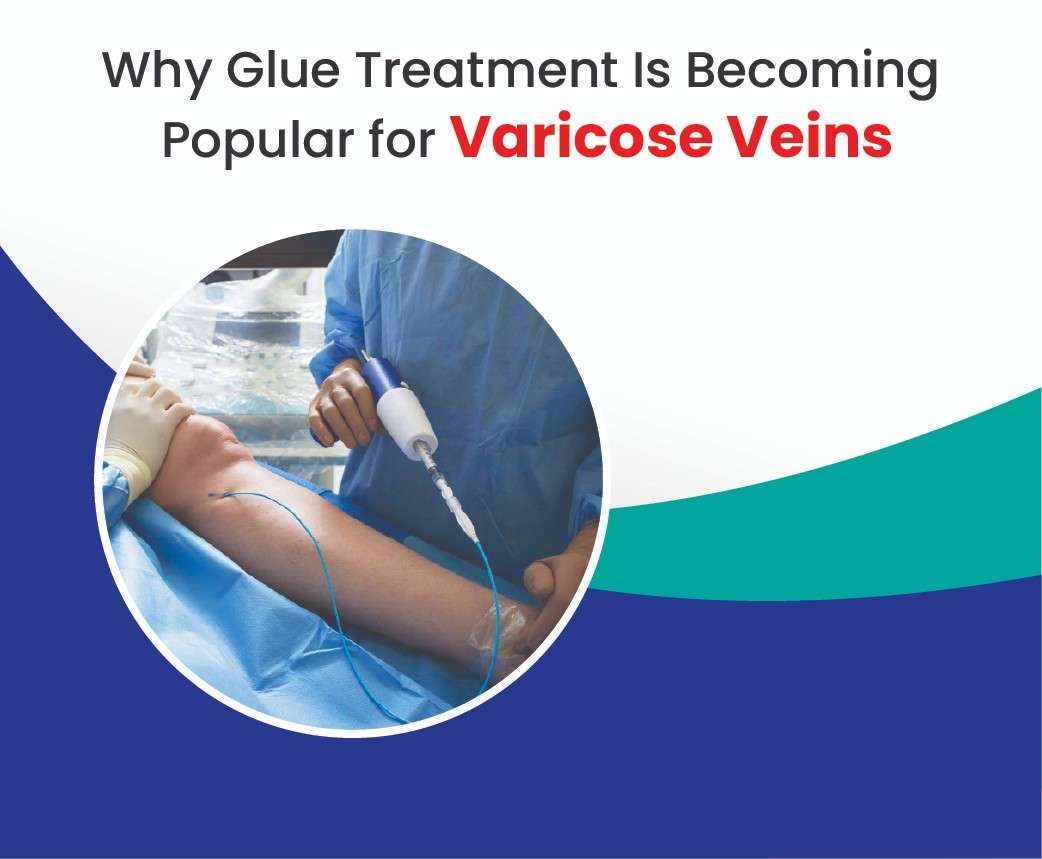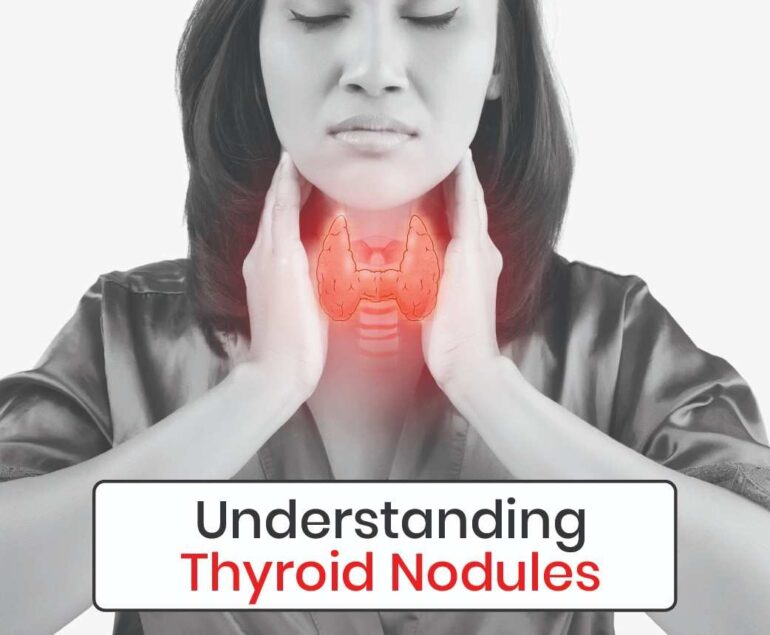Varicose veins are a common condition in India, affecting people across age groups and lifestyles. They occur when vein valves weaken, causing blood to pool and veins to enlarge. Symptoms may include heaviness, swelling, aching, night cramps, and skin changes. If left untreated, complications like ulcers or clot formation can occur.
Modern vascular medicine offers several highly effective, minimally invasive treatments — including Endovenous Laser Ablation (EVLA), Radiofrequency Ablation (RFA), and the newer medical glue-based closure. While each option has distinct advantages, glue-based treatment is drawing growing interest among Indian patients for its unique features.
What Is Glue-Based Treatment?
Also known as cyanoacrylate vein closure, this method uses a specially formulated medical adhesive delivered through a thin catheter into the affected vein. Guided by ultrasound, the glue seals the vein instantly. Blood is then naturally rerouted to healthy veins.
The procedure is quick, requires only a small numbing injection at the entry site, and allows most patients to walk out of the clinic within an hour.
Why It’s Gaining Popularity in India
- Comfort in a Warm Climate
In India’s warm and humid weather, wearing medical compression stockings after treatment can be challenging. Many glue procedures do not require extended stocking use, which appeals to patients who want a simpler recovery.
- Convenience for Busy Lifestyles
Whether it’s a corporate professional in Mumbai or a homemaker in Hyderabad, many patients prefer procedures with minimal disruption. Glue closure allows a quick return to daily routines — often on the same day — making it well-suited to fast-paced urban life.
- Minimal Injections
While all modern treatments are performed under local anaesthesia for comfort, glue closure usually needs only one numbing shot at the catheter entry point. Patients who are sensitive to multiple injections appreciate this streamlined approach.
- Suitability for a Broad Range of Patients
Glue closure is an excellent option for many patient profiles, including those with certain health conditions or anatomical considerations where a no-heat technique may be preferred. It complements other treatments, ensuring a wider choice for individual needs.
- Rising Awareness
Specialised vascular centres and patient education campaigns are helping more people learn about glue-based treatment. Social media, patient testimonials, and doctor-led awareness drives are boosting its visibility, especially in metropolitan and tier-2 cities.
How the Procedure Works
- Ultrasound Mapping – The affected vein is identified and assessed.
- Catheter Placement – A small puncture is made to introduce a thin catheter.
- Glue Delivery – The adhesive is placed in controlled amounts under ultrasound guidance.
- Vein Sealing – The vein closes instantly.
- Completion – The catheter is removed and a small dressing is applied.
The procedure typically takes 20–30 minutes per vein, and patients can walk immediately afterwards.
The Avis Vascular Centre Advantage
At Avis Vascular Centre, we offer the full range of advanced vein treatments, including glue closure, EVLA, and RFA. Our vascular specialists perform detailed ultrasound vein mapping to recommend the option best suited to each patient’s anatomy, lifestyle, and preferences. With state-of-the-art technology and a patient-first approach, we ensure safe, effective, and lasting results.
Whether you’re looking for a treatment that fits into your busy schedule, avoids prolonged use of compression stockings, or offers minimal injections, glue-based closure is proving to be a comfortable and effective solution for many patients in India. As awareness grows and access expands, its role in modern vein care is only set to increase.




